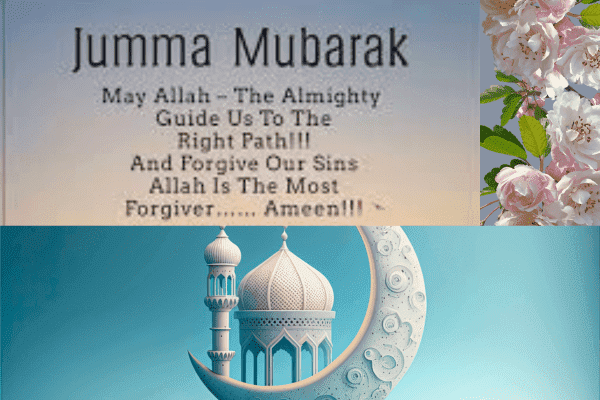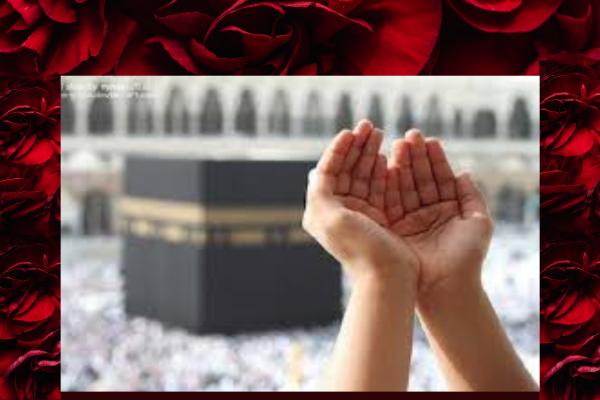Significance of Jumma Mubarak is a term that Muslims all around the globe associate with profound spiritual meaning. This article delves into the Significance of Jumma Mubarakin Islam, its meaning, and the ways Muslims mark this holy day via communal prayer, introspection, and community.

Overview
Muslims frequently say “Jumma Mubarak” to one another on Fridays, which are revered as the most holy day of the week. The expression, which means “Blessed Friday” in direct translation, captures the essence of Friday as a day full of mercies, benefits, and chances for spiritual regeneration. This essay will examine the deeper significance of Jumma Mubarak, the significance of Friday in terms of religion, and the Islamic tradition surrounding its observation.
Friday’s significance in Islam
Jumma, or Friday, has a unique significance in Islam. In various Islamic traditions, it’s called the “best day on which the sun has risen”. The significance of Jumma is emphasised by the Qur’an itself in Surah Al-Jumu’ah (62:9): You who have believed should go to the remembrance of Allah and refrain from trade on Friday when [the adhan] is called for prayer. If only you were aware of it, that would be better.

This poem highlights Friday’s spiritual importance, particularly the congregational summons to prayer (Jumma prayer). Jumma is more than simply a weekly prayer for Muslims; it’s a time for them to gather, consider their beliefs, and refresh.
Jumma Mubarak: What Does It Mean?
Three Arabic words make up the term “Jumma Mubarak”: “Jumma,” which means Friday, and “Mubarak,” which means blessed. When combined, they offer people a kind salutation and a prayer, hoping for a calm and joyful Friday. The expression, which conveys happiness and appreciation for the day’s bounties, is a well recognised greeting even though it is not stated in the Qur’an or hadiths. It is frequently communicated with friends and family via messaging, social media, and in-person interactions.
Jumma Spiritual Activities
For Muslims, Friday is a day of increased spiritual activity. As advised by Prophet Muhammad (PBUH), Surah Al-Kahf (Chapter 18 of the Qur’an) is recited at the start of the day in numerous communities. It is said that doing this will brighten one’s life and provide direction, particularly on the Day of Judgement.
The Jumma prayer, a unique congregational prayer done at noon on Fridays, is the most important event. It takes the place of the customary Dhuhr (midday) prayer. The khutbah, or sermon, which comes before prayer, is a significant reminder of Islamic principles, current affairs, and Muslims’ moral and spiritual obligations.
Muslims are urged to strengthen their remembrance of Allah through dhikr in addition to prayer.
Society and Altruism
Jumma’s community character is another crucial feature. Congregational prayer at the mosque is open to Muslims, which promotes a sense of fraternity and solidarity among the populace. In addition to fostering stronger social bonds, this event enables Muslims to assist one another on their spiritual paths.
On this day, charitable deeds like providing for the underprivileged or lending a hand to neighbours are highly encouraged. Many Muslims use this as a chance to give to charities, carry out deeds of kindness, or just speak encouragingly and supportively to people in their community.
In summary
To sum up, “Jumma Mubarak” is much more than just a greeting; it is an acknowledgement of Friday’s deep spiritual significance in Islam. During the day, Muslims have the opportunity to seek Allah’s blessings, rejuvenate their faith, and strengthen their bonds with their community via various acts of devotion and introspection, including the communal Jumma prayer. Saying “Jumma Mubarak” to Muslims throughout the world is a lovely reminder to seize the possibilities and benefits that Friday offers.
